Carlo Chatrian announced his first Berlinale competition line-up describing it “quite dark’ with a glittering array of “earth-shattering, and intimate stories” to screen from 20 until 1 March 2020.
The 70th edition opens with French Canadian director Philippe Falardeau’s My Salinger Year. The film depicts the small New York City literary world of the 1990s with humour and verve. Sigourney Weaver, the three times Oscar nominee plays the author’s literary agent, based on a memoir by Joanna Rakoff portrayed by Emmy-winning Margaret Qualley (daughter of Andie MacDowell).
This year’s slate of Golden Bear hopefuls features heavyweight regulars and prodigious female directing talent in the shape of Orlando’s Sally Potter, who brings a story of existential angst starring Javier Bardem and his onscreen daughter Elle Fanning; Berlinale regular Kelly Reichardt with her latest, a period drama First Cow that has Toby Jones wondering around the countryside (as he did in By Ourselves). Then there is Swiss duo Stéphanie Chuat, Véronique Reymond who direct Nina Hoss in My Little Sister; Argentina’s Natalia Meta with The Intruder and finally from the US Eliza Hittman with Never, Rarely Sometimes, Always. The prolific Hong Sang-soo is back with The Woman Who Ran featuring his current muse Kim Minhee. Berlinale heavyweights Benoit Delepine, Philippe Garel, Malaysia’s Tsai Ming-Liang, and Cambodia’s Rithy Pan will also be in town.
Elsewhere in the programme there is documentary graces the line-up programme includes 18 films from 18 countries with 16 world premieres as well as one documentary form.
The line-up of the Berlinale Specials features Vanessa Lapa’s documentary about the Nazi architect’s time in the US; Speer goes to Hollywood. . Four more titles have been confirmed. You can find these films following the list of the Competition.
Competition
Berlin Alexanderplatz
Germany / Netherlands
by Burhan Qurbani
with Welket Bungué, Jella Haase, Albrecht Schuch, Joachim Król, Annabelle Mandeng, Nils Verkooijen, Richard Fouofié Djimeli
World premiere
DAU. Natasha
Germany / Ukraine / United Kingdom / Russian Federation
by Ilya Khrzhanovskiy, Jekaterina Oertel
with Natalia Berezhnaya, Olga Shkabarnya, Vladimir Azhippo, Alexei Blinov, Luc Bigé
World premiere
Domangchin yeoja (The Woman Who Ran)
Republic of Korea
by Hong Sangsoo
with Kim Minhee, Seo Younghwa, Song Seonmi, Kim Saebyuk, Lee Eunmi, Kwon Haehyo, Shin Seokho, Ha Seongguk
World premiere
Effacer l’historique (Delete History)
France / Belgium
by Benoît Delépine, Gustave Kervern
with Blanche Gardin, Denis Podalydès, Corinne Masiero
World premiere
El prófugo (The Intruder)
Argentina / Mexico
by Natalia Meta
with Érica Rivas, Nahuel Pérez Biscayart, Daniel Hendler, Cecilia Roth, Guillermo Arengo, Agustín Rittano, Mirta Busnelli
World premiere
Favolacce (Bad Tales)
Italy / Switzerland
by Damiano & Fabio D’’Innocenzo
with Elio Germano, Barbara Chichiarelli, Lino Musella, Gabriel Montesi, Max Malatesta
World premiere
First Cow
USA
by Kelly Reichardt
with John Magaro, Orion Lee, Toby Jones, Scott Shepherd, Gary Farmer, Lily Gladstone
International premiere
Irradiés (Irradiated)
France / Cambodia
by Rithy Panh
World premiere / Documentary form
Le sel des larmes (The Salt of Tears)
France / Switzerland
by Philippe Garrel
with Logann Antuofermo, Oulaya Amamra, André Wilms, Louise Chevillotte, Souheila Yacoub
World premiere
Never Rarely Sometimes Always
USA
by Eliza Hittman
with Sidney Flanigan, Talia Ryder, Théodore Pellerin, Ryan Eggold, Sharon Van Etten
International premiere
Rizi (Days)
Taiwan
by Tsai Ming-Liang
with Lee Kang-Sheng, Anong Houngheuangsy
World premiere
The Roads Not Taken
United Kingdom
by Sally Potter
with Javier Bardem, Elle Fanning, Salma Hayek, Laura Linney
World premiere
Schwesterlein (My Little Sister)
Switzerland
by Stéphanie Chuat, Véronique Reymond
with Nina Hoss, Lars Eidinger, Marthe Keller, Jens Albinus, Thomas Ostermeier, Linne-Lu Lungershausen, Noah Tscharland, Isabelle Caillat, Moritz Gottwald, Urs Jucker
World premiere
Sheytan vojud nadarad (There Is No Evil)
Germany / Czech Republic / Iran
by Mohammad Rasoulof
World premiere
Siberia
Italy / Germany / Mexico
by Abel Ferrara
with Willem Dafoe, Dounia Sichov, Simon McBurney, Cristina Chiriac
World premiere
Todos os mortos (All the Dead Ones)
Brazil / France
by Caetano Gotardo, Marco Dutra
with Mawusi Tulani, Clarissa Kiste, Carolina Bianchi, Thaia Perez, Alaíde Costa, Leonor Silveira, Agyei Augusto, Rogério Brito, Thomás Aquino, Andrea Marquee
World premiere
Undine
Germany / France
by Christian Petzold
with Paula Beer, Franz Rogowski, Maryam Zaree, Jacob Matschenz
World premiere
Volevo nascondermi (Hidden Away)
Italy
by Giorgio Diritti
with Elio Germano
World premiere
Berlinale Special
“This section provides a platform for films that captivate a wide audience. We call them ‘moving images’ because they move audiences with their expressiveness and their brilliant and courageous performers. The gala premieres fulfil the desire for the stars, glitz and glamour that is part of every big festival. Berlinale Series offers an insight into new forms of storytelling while Berlinale Special presents itself as a forum for debate and discussion and builds bridges between the audience and cinema,” comments Carlo Chatrian, Artistic Director of the Berlinale.
The following four films complete the programme of this year’s Berlinale Special. In total, 20 films from 19 countries, among them 15 world premieres, will be shown in the section.
Berlinale Special Gala at Berlinale Palast
Onward
USA
by Dan Scanlon
with the voices of Tom Holland, Chris Pratt, Julia-Louis Dreyfus, Octavia Spencer, Mel Rodriguez, Kyle Bornheimer, Lena Waithe, Ali Wong
International premiere / Animation
Berlinale Special Gala at Friedrichstadt-Palast
Curveball
Germany
by Johannes Naber
with Sebastian Blomberg, Dar Salim, Virginia Kull, Michael Wittenborn, Thorsten Merten, Franziska Brandmeier
World premiere
Berlinale Special at Haus der Berliner Festspiele
DAU. Degeneratsia (DAU. Degeneration)
Germany / Ukraine / United Kingdom / Russian Federation
by Ilya Khrzhanovskiy, Ilya Permyakov
World premiere / Documentary form
Speer Goes to Hollywood
Israel
by Vanessa Lapa
World premiere / Documentary form
BERLINALE 2020 | 20-29 FEBRUARY 2020



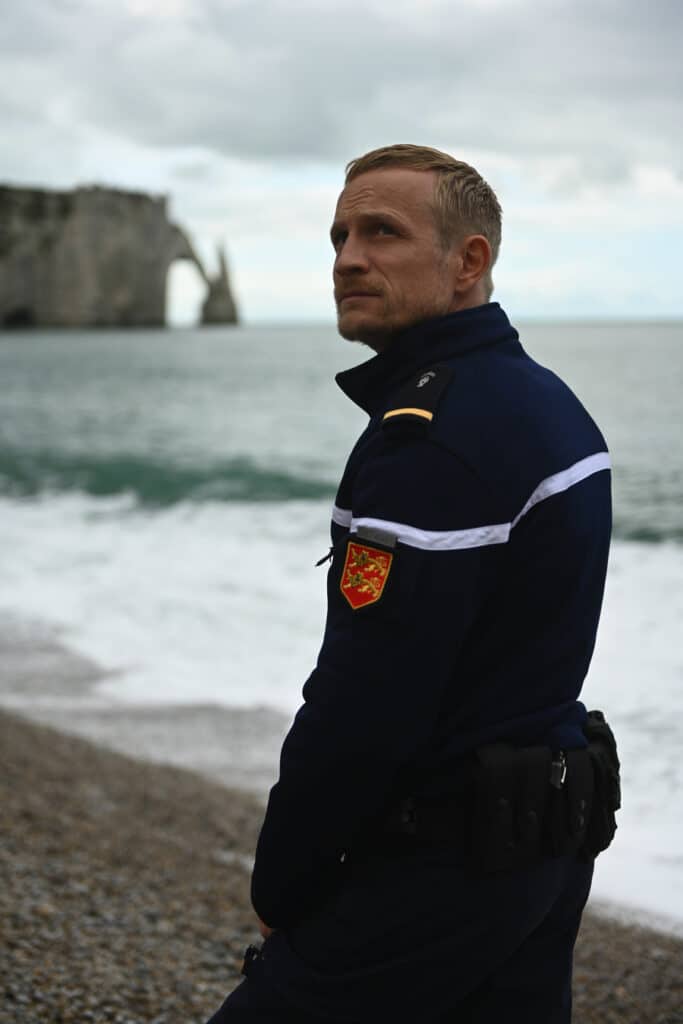
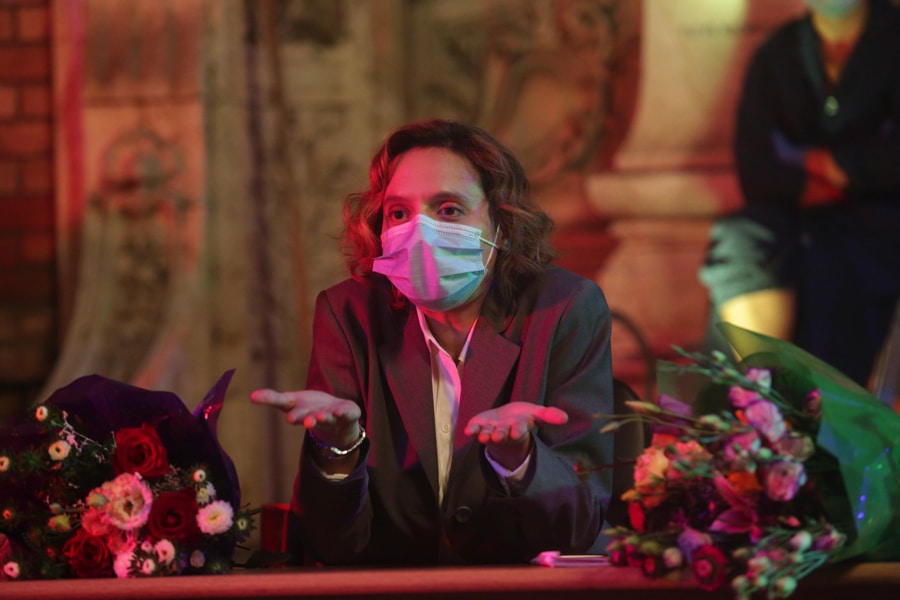
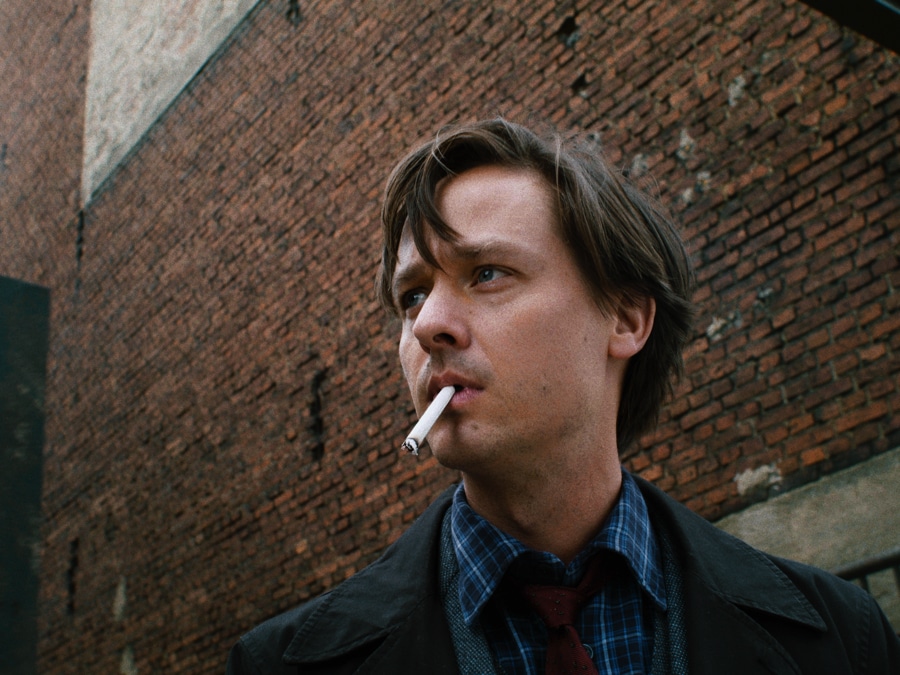
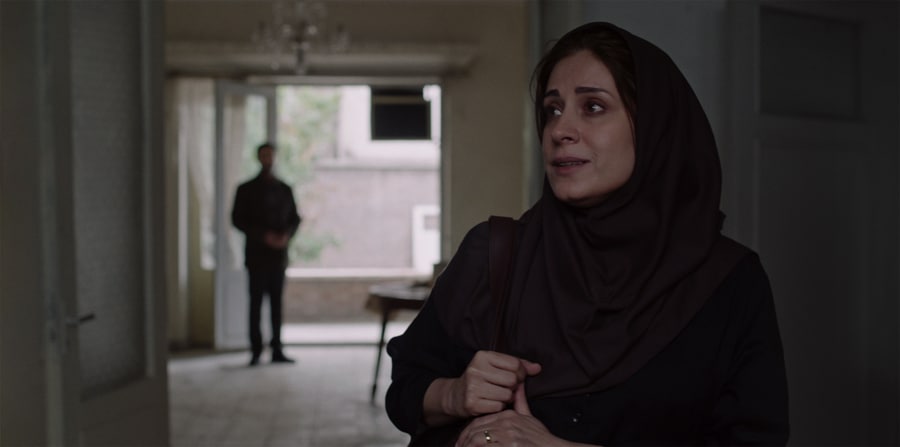
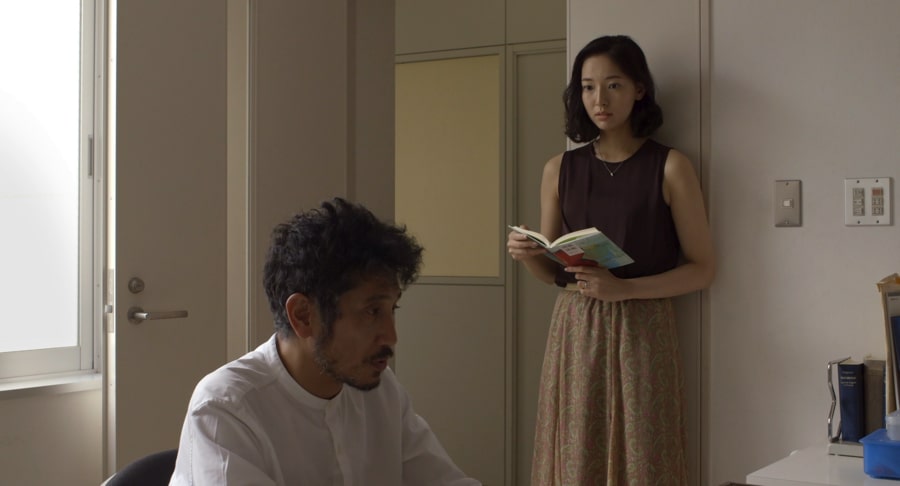
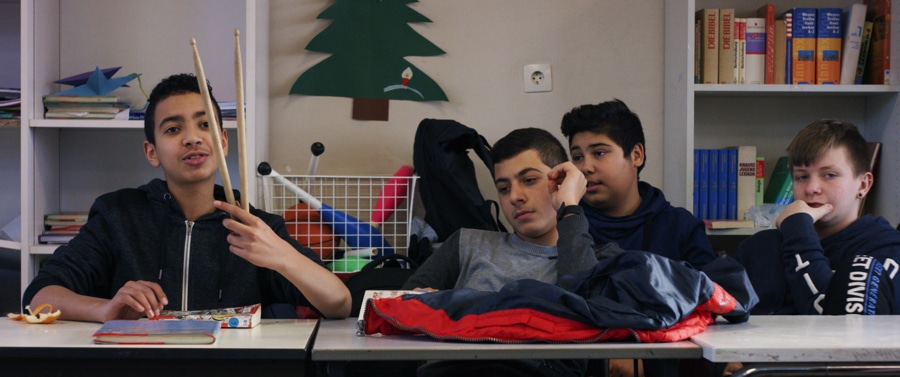
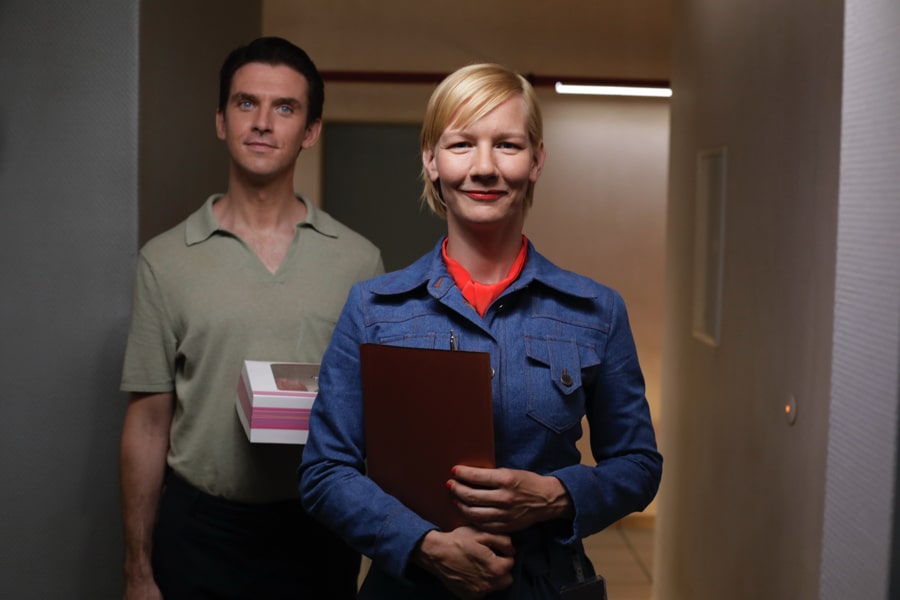
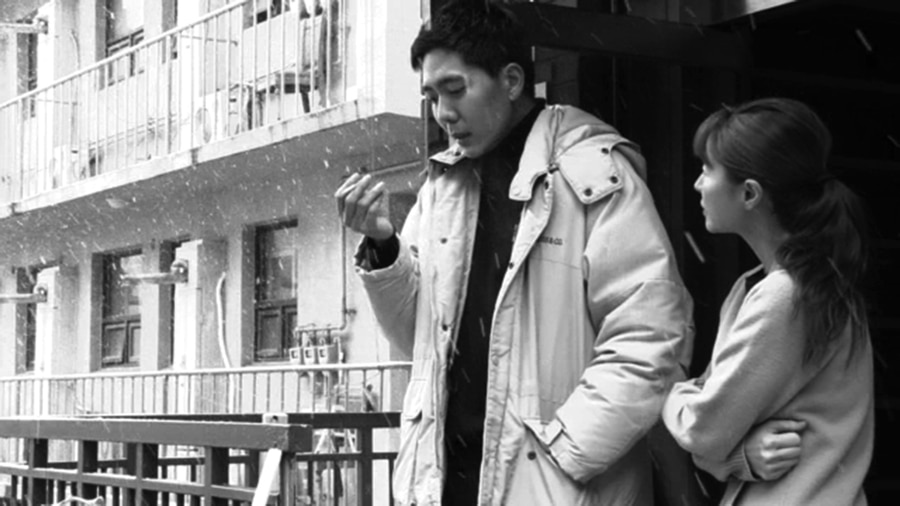

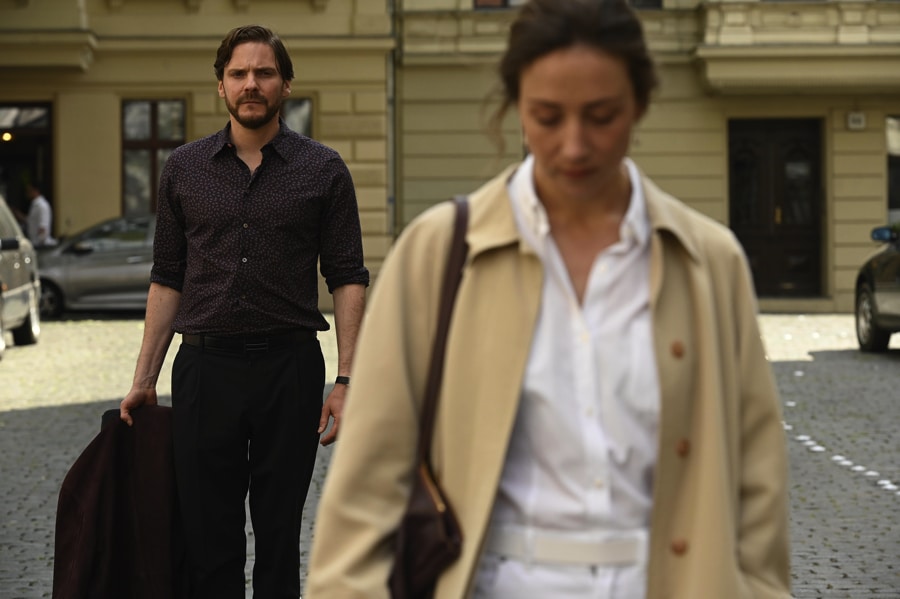
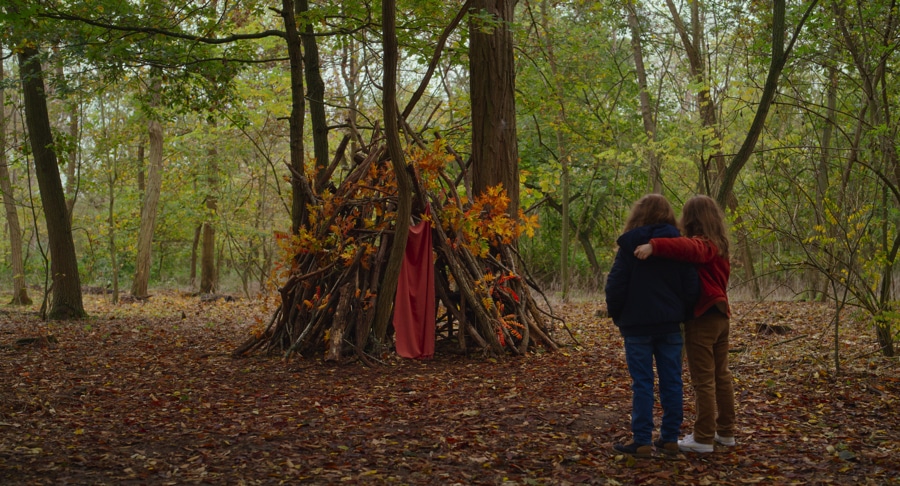
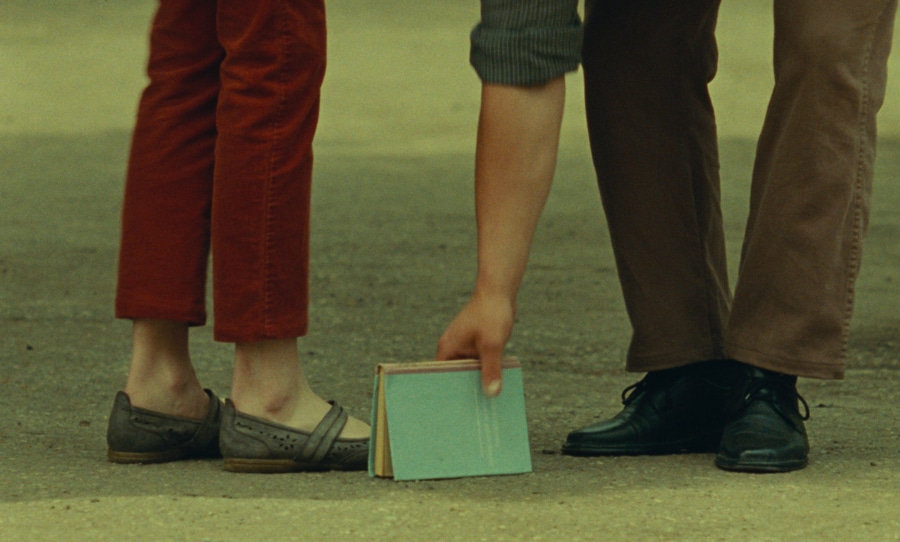
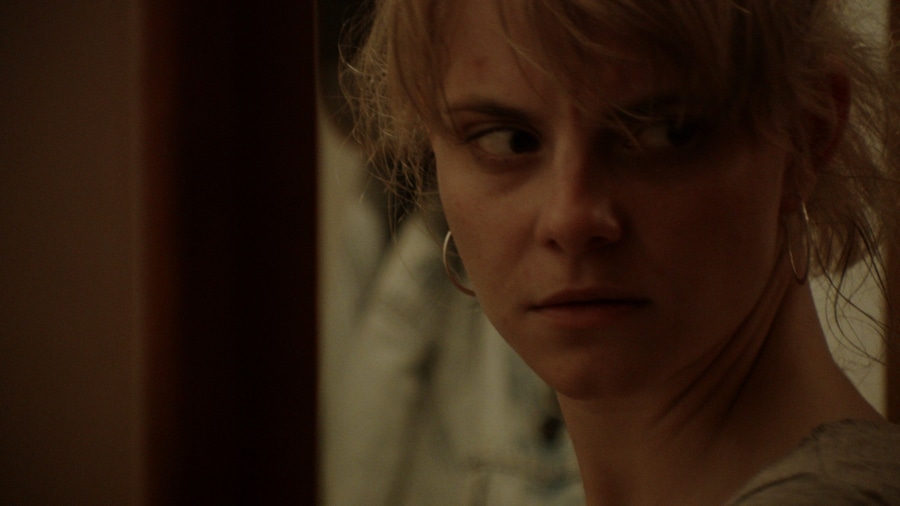
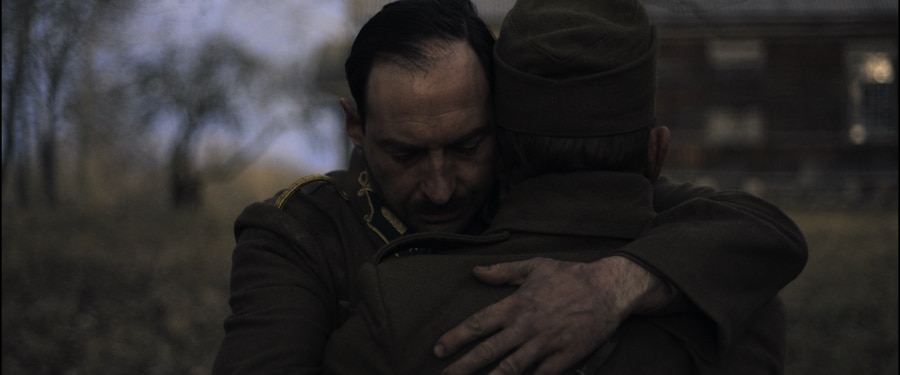
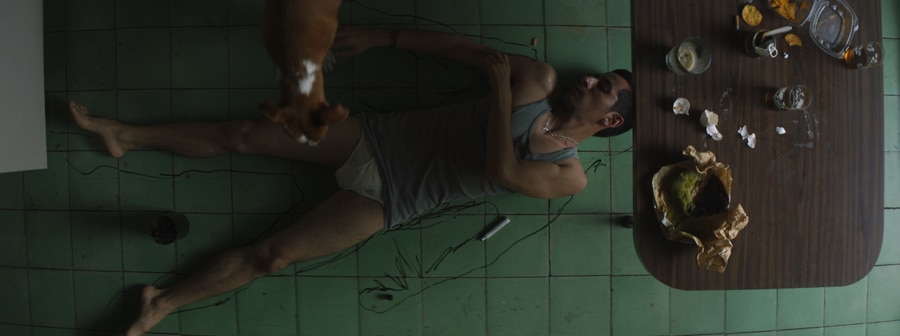
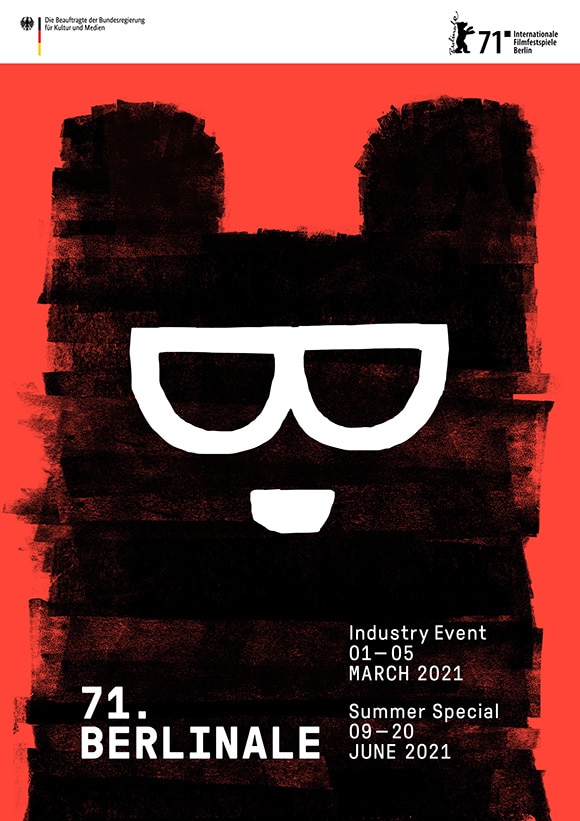
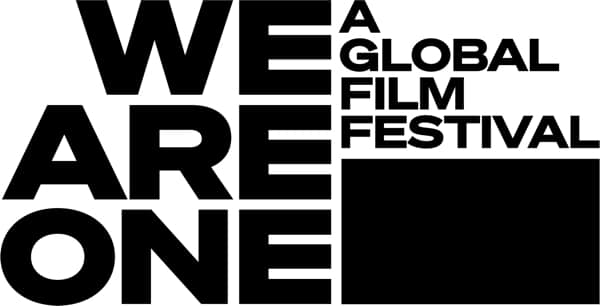
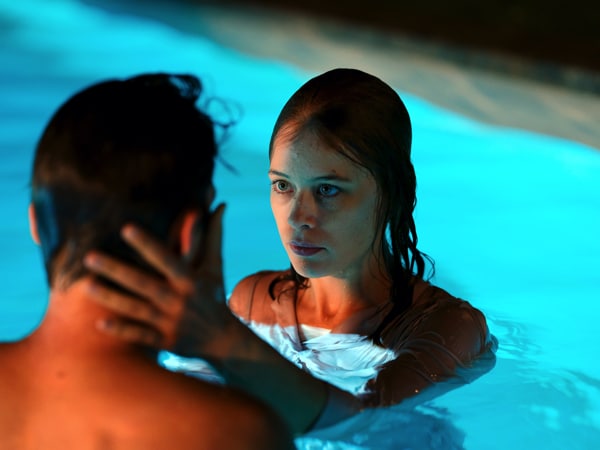
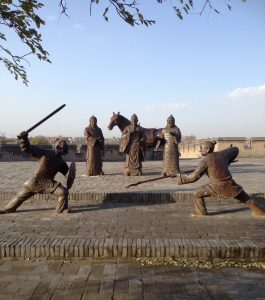
 Joanna Hogg is the only living female filmmaker who portrays a particular English contemporary milieu. Usually creative, invariably white and well-educated, these characters are liberal in outlook and mostly live in London. With such unique sensibilities and vision she is able to understand and convey as certain type of middle class angst (borne out of having to do the right thing, irrespective of personal choice). She did it gracefully in Unrelated (2007), Archipelago (2010) and Exhibition (2013), And she does it peerlessly again here with The Souvenir, a nuanced and delicately drawn story of addiction and strained relationships that very much echoes its time and place: the late 1980s – although it was inspired and takes its name from Fragonard’s painting, a motif that runs through the film.
Joanna Hogg is the only living female filmmaker who portrays a particular English contemporary milieu. Usually creative, invariably white and well-educated, these characters are liberal in outlook and mostly live in London. With such unique sensibilities and vision she is able to understand and convey as certain type of middle class angst (borne out of having to do the right thing, irrespective of personal choice). She did it gracefully in Unrelated (2007), Archipelago (2010) and Exhibition (2013), And she does it peerlessly again here with The Souvenir, a nuanced and delicately drawn story of addiction and strained relationships that very much echoes its time and place: the late 1980s – although it was inspired and takes its name from Fragonard’s painting, a motif that runs through the film.
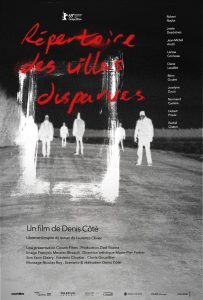 Dir/Wri: Denis Côté | Fantasy Drama | Canada, 97′
Dir/Wri: Denis Côté | Fantasy Drama | Canada, 97′